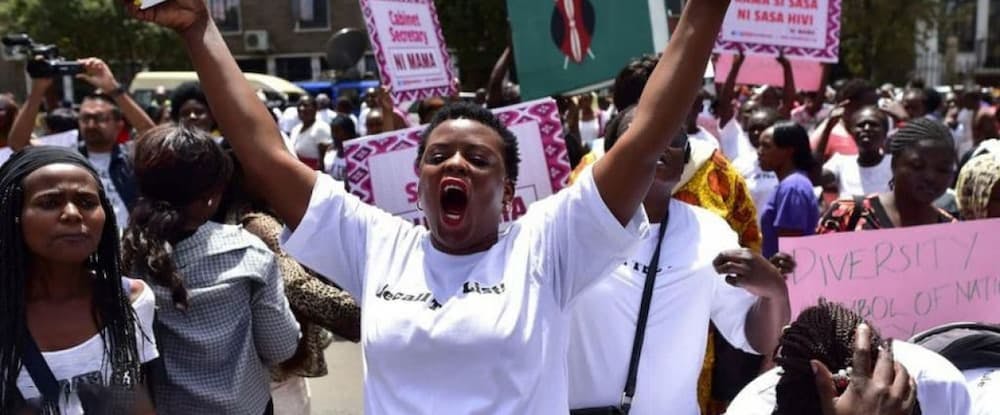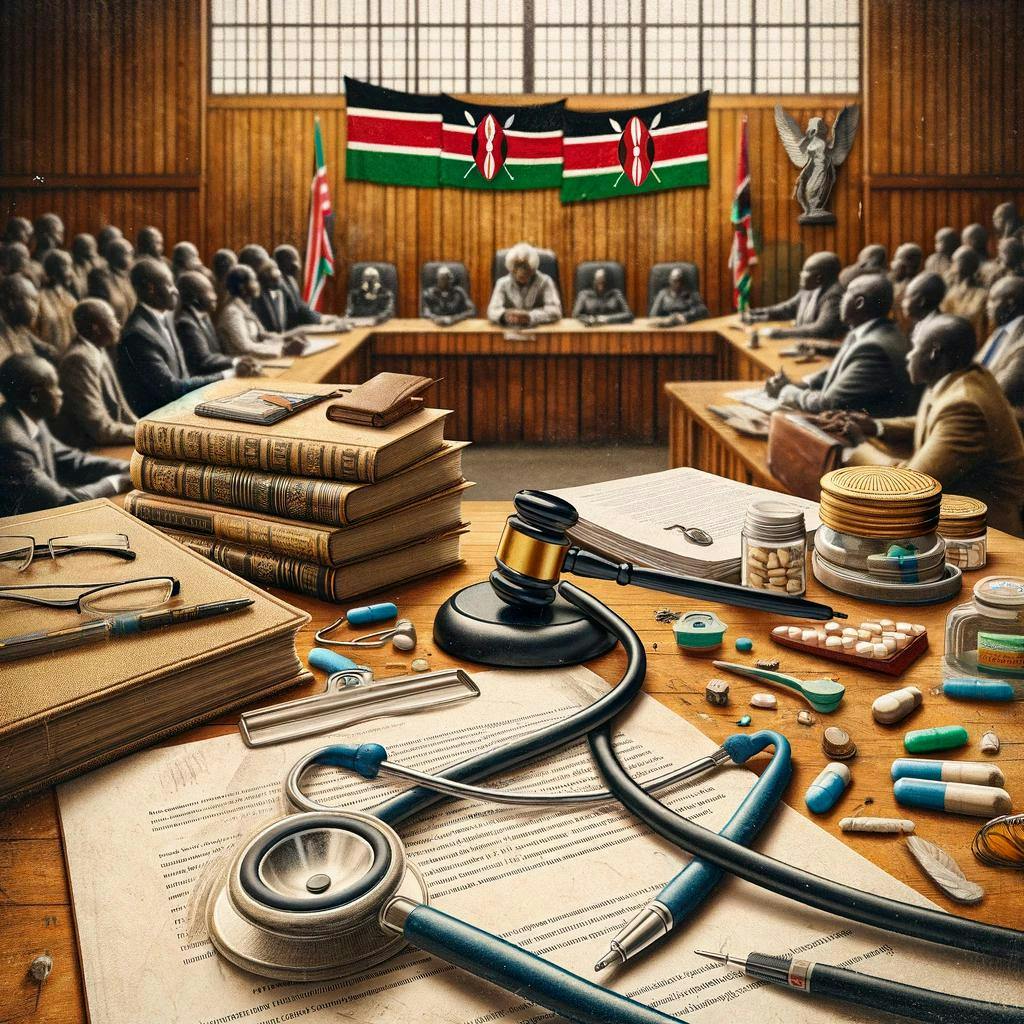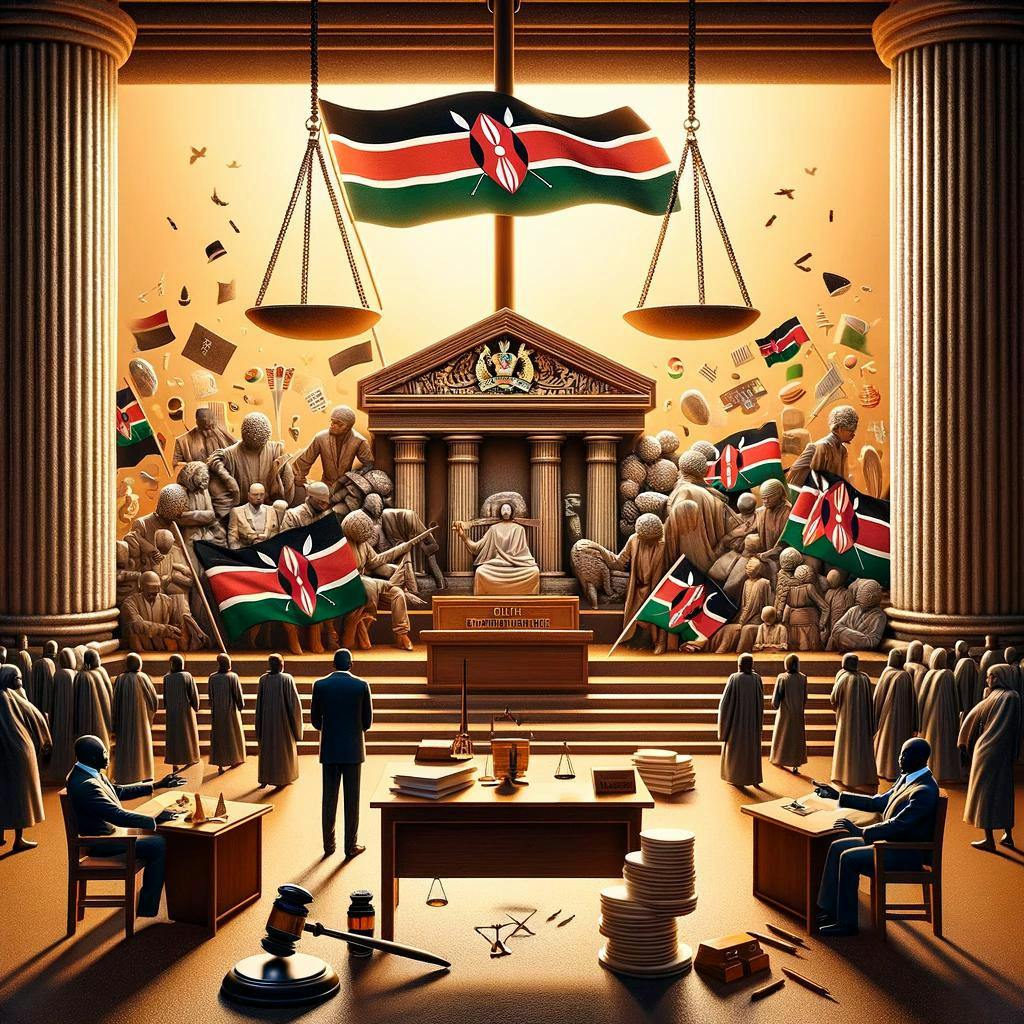
Public participation submissions to the Social Health Insurance Act 2023
As 254Hope, a voluntary association dedicated to good governance and constitutionalism, we have thoroughly examined the draft regulations for the Social Health Insurance Act, 2023. Our collective expertise spans various professional backgrounds, including health, law, education, agriculture, and environmentalism.
We have submitted several concerns and recommendations regarding the proposed regulations. Firstly, we argue that the contributions outlined resemble income tax rather than a non-tax statutory deduction. We suggest that registration and contribution should not be compulsory for all income earners, citing issues such as double taxation and the lack of proportionality between contributions and benefits.
We emphasised that the power to tax the world over resides in the people’s parliament and cannot be delegated. The Cabinet Secretary’s power to make regulations did not amount to a power to impose an income tax.
Furthermore, we have identified clauses within the regulations that expand the authority beyond the scope outlined in the parent Act. We strongly recommend the deletion of these clauses to ensure adherence to the law’s original intent.
Additionally, we caution against the premature revocation of certain regulations before the complete winding up of the National Health Insurance Fund (NHIF). Given the potential legal challenges and constitutional infractions, we propose that NHIF regulations continue to apply until the Social Health Insurance Fund (SHIF) is fully operational.
Overall, our aim is to ensure that the regulations for the Social Health Insurance Act align with principles of fairness, legality, and accountability, ultimately benefiting all stakeholders involved.




